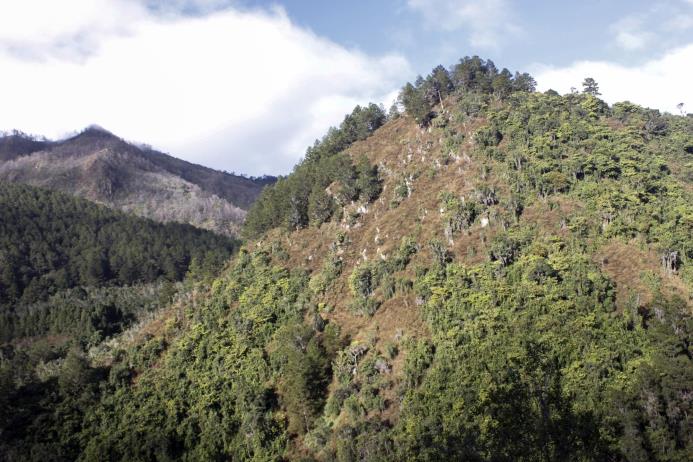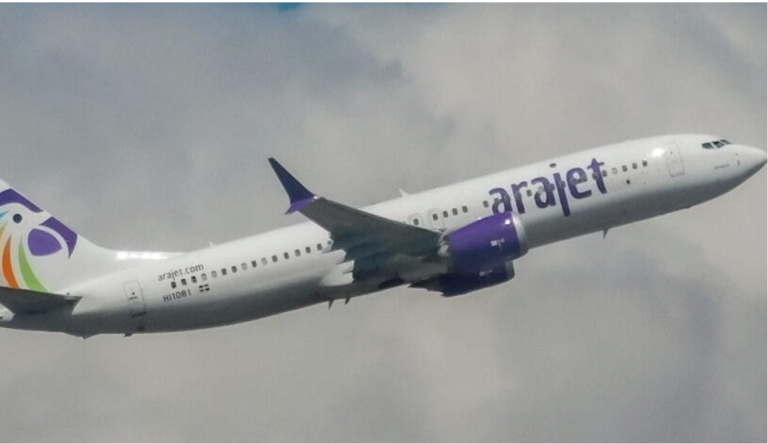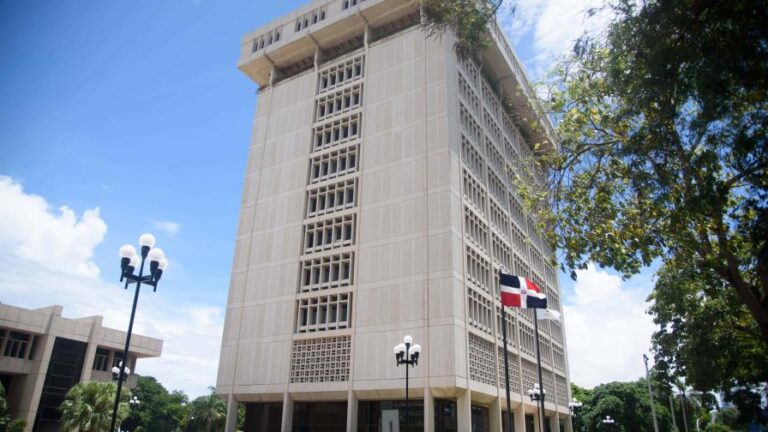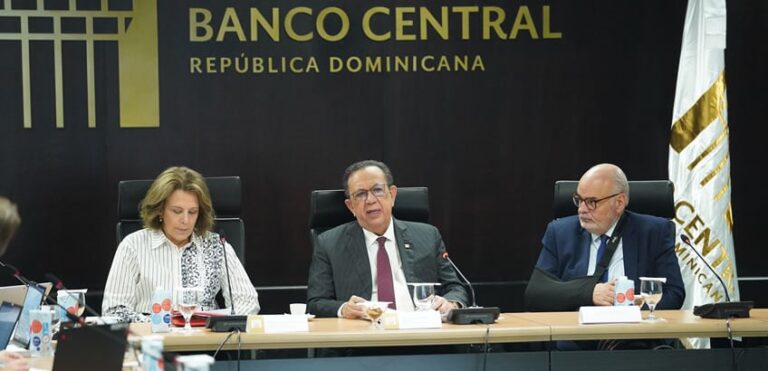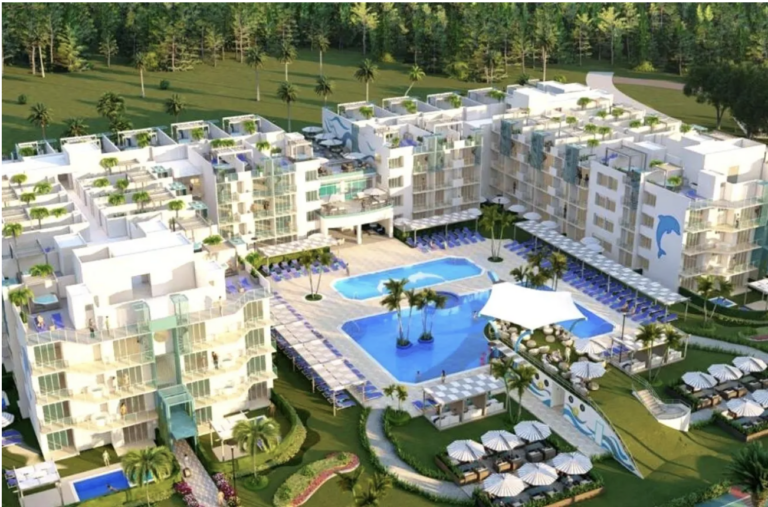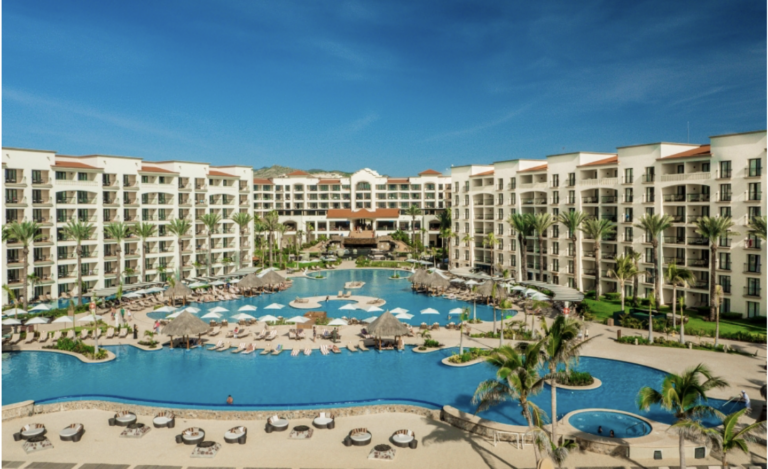Luego de que el ministro de Medio Ambiente, Francisco Domínguez Brito, declarara que no está en su agenda inmediata compensar a los propietarios de terrenos en el Parque Nacional de Valle Nuevo, Constanza, abogados de esos propietarios califican su actitud como una arbitrariedad y una violación a la Constitución. Sin embargo, juristas consultados reconocen los límites que las leyes dominicanas imponen al derecho de propiedad frente al interés público.
El ministro Domínguez Brito, de profesión abogado, alega que la conservación de un área protegida es un mandato constitucional que no está supeditado a un pago. Su pronunciamiento lo hace previo a que el próximo 29 de este mes termina el plazo de 120 días otorgado por el Ministerio para que se desaloje a Valle Nuevo de las actividades agrícolas y ganaderas, como parte de un plan de rescate de esa área protegida, y ante el cual, varios empresarios buscan que se les compense, sea con compra o permuta, por las tierras que tienen titulada en ese lugar.
Los abogados Manuel Fermín Cabral, Gilbert de la Cruz y Juan Manuel Guerrero, en representación de esos dueños, señalan que el texto constitucional es preciso en su artículo 51 al establecer: “Toda persona tiene derecho al goce, disfrute y disposición de sus bienes. Ninguna persona puede ser privada de su propiedad, sino por causa justificada de utilidad pública o de interés social, previo pago de su justo valor, determinado por acuerdo entre las partes o sentencia de tribunal competente, de conformidad con lo establecido en la ley”.
Insisten en que el Estado está obligado a compensar a los propietarios previamente y que la excepción al pago previo solo es permitida en los casos en que el Gobierno declara el “Estado de Emergencia” o el “Estado de Defensa”. “Es decir, que aún en casos especiales debe compensar, sólo que puede hacerlo después”.
Al respecto, el jurista Héctor Alies, especializado en el tema inmobiliario, entiende que el derecho de propiedad tiene una función social que le limita. “El concepto -un tanto abstracto- de que el Estado es propietario originario de todas las tierras, es un antecedente que da connotación legítima para que pueda imponer a la propiedad privada las modalidades que dicte el interés público”, señala.
Sobre el caso específico de Valle Nuevo, entiende que la no indemnización previa es ponderable. “El interés público de esa zona es inherente al derecho. El que compró u ocupó no debe ignorarlo”.
Alies refiere el artículo 9 de la Ley 202-04 sobre Áreas Protegidas, que reconoce el derecho a la propiedad, pero también el dominio del Estado.
Textualmente dice: “Los terrenos de dominio privado con títulos de propiedad inscritos legalmente en el correspondiente Registro del Tribunal Superior de Tierras con anterioridad a la promulgación de la Ley General sobre Medio Ambiente y Recursos Naturales que se encuentren dentro de las áreas protegidas, se reconocerán como tales. No obstante ese derecho, el Estado tiene dominio inminente sobre los mismos, y por ello, antes de realizarse cualquier transferencia a terceros, el Estado dominicano tendrá derecho preferente de adquisición mediante pago o compensación de los mismos”.
Fuente: Diario Libre
[:en]
Lawyers set out their views on the law that should right to prevail
After Environment Minister Francisco Domínguez Brito declared that it is not on his immediate agenda to compensate landowners in the Valle Nuevo National Park, Constanza, lawyers for these owners describe his attitude as arbitrary and a violation of the Constitution. Nevertheless, consulted jurists recognize the limits that the Dominican laws impose on ownership rights in the face of public interest.
Lawyer by profession, Minister Dominguez Brito claims that preserving a protected area is a constitutional mandate not subject to payment. His statement came before the end of the 120-day period granted by the Ministry to clear Valle Nuevo from agricultural and livestock activities, as part of a rescue plan for the protected area, in the face of which several entrepreneurs are seeking compensation for the lands they have title deeds to in the area, in the form or either purchase or exchange.
Representing those owners, Counselors Manuel Fermin Cabral, Gilbert de la Cruz and Juan Manuel Guerrero point out that the constitutional text is precise in its article 51 when establishing: «Everyone has the right to enjoy, use and dispose of their property. No person may be deprived of his property, except for a justified cause of public utility or social interest, upon payment of its fair value, determined by agreement between the parties or a ruling by a competent court, in accordance with the provisions of the law. «
They insist that the State is obliged to compensate owners beforehand and that an exception to prior payment is only allowed in cases where the Government declares a «State of Emergency» or a «State of Defense». «This means that even in these special circumstances the State must compensate, only that can do later.»
In this regard, Cllr. Hector Alies, specialized in real estate, understands that the right to property has a social function that limits it. He says «The somewhat abstract concept that the State is the original owner of all land is a precedent that adds legitimate weight so that (the State) can impose the modalities dictated by public interest on private property.»
Regarding the specific case of Valle Nuevo, he believes prior compensation is debatable. «The public interest of that area is inherent in law. Whoever bought or occupied (the land) should not overlook this.»
Alies refers to article 9 of Law 202-04 on Protected Areas which recognizes the right to ownership but also the power of the State:
Quote: “Private land with property titles legally registered in the corresponding of the Superior Land Court´s Registry within the protected areas prior to the enactment of the Statutory Environment and Natural Resources Law will be recognized as such. Notwithstanding this right, the State has imminent dominion over them, and therefore, before transferring to any third parties, the Dominican State will have a preferential right to purchase through payment or compensation for them.»
Source: Diario Libre
[:]

